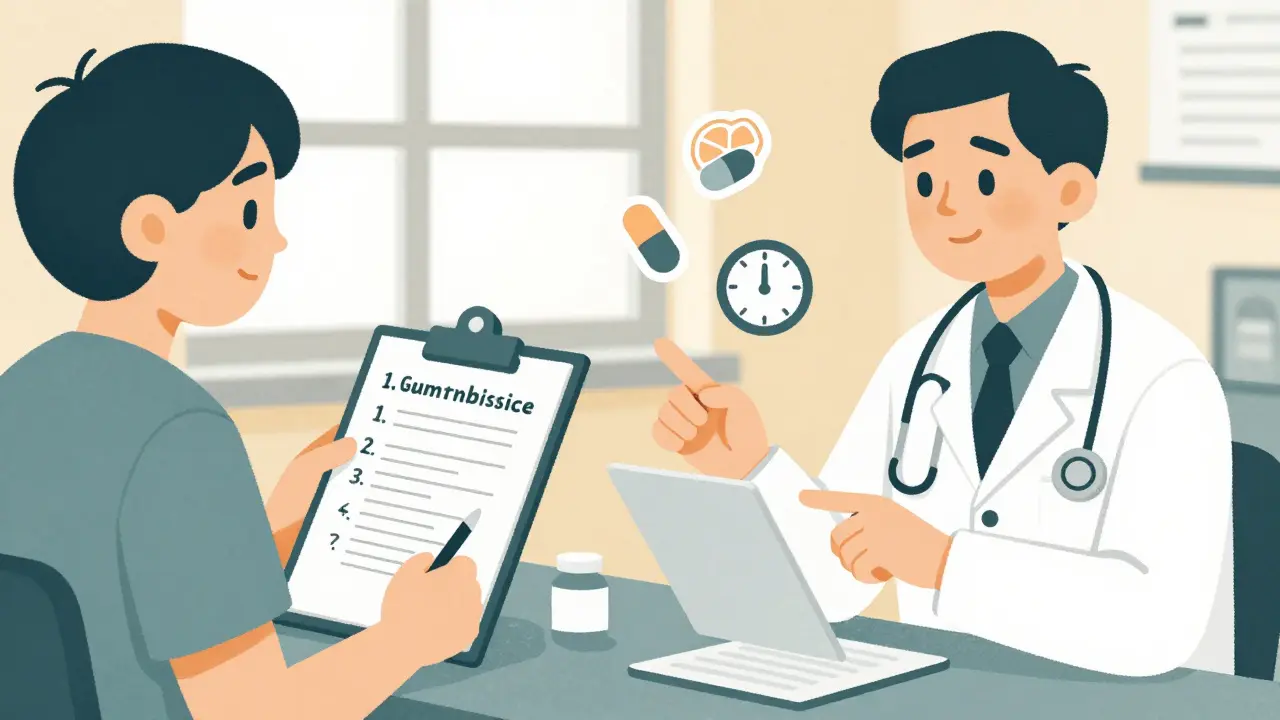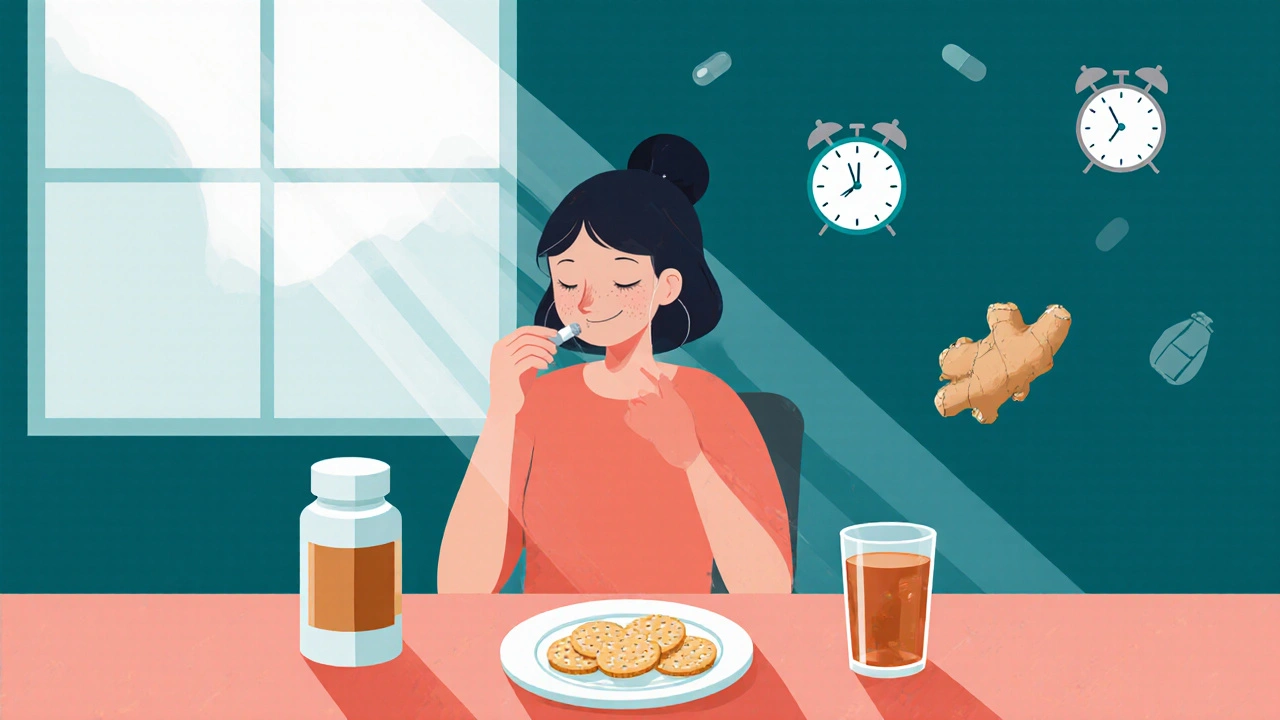Learn how to use the OpenFDA and FAERS APIs to search for drug side effect reports. Get step-by-step guidance on querying FDA data, understanding limitations, and avoiding common mistakes.
Drug Side Effects: What You Need to Know About Common and Serious Reactions
When you take a medication, you’re not just getting the benefit you want—you’re also exposing your body to drug side effects, unintended physical or mental reactions caused by medications. Also known as adverse drug reactions, these can range from a dry mouth or mild headache to life-threatening heart rhythm changes or liver damage. Most people think side effects are rare, but the truth is, nearly everyone who takes prescription drugs experiences at least one minor one. The real question isn’t whether they’ll happen—it’s which ones, how bad they’ll be, and what you can do about them.
Some side effects are well-known and predictable. For example, ADHD medications, stimulants like methylphenidate and amphetamines used to treat attention disorders often reduce appetite and slow growth in teens. That’s why doctors track height and weight closely. Other drugs, like macrolide antibiotics, a class including azithromycin and clarithromycin used for respiratory infections, can cause dangerous heart rhythm problems called QT prolongation—especially in older adults or those taking other meds. These aren’t random glitches. They’re documented risks, backed by clinical studies and real-world cases.
Not all side effects show up right away. Some, like weight loss from Xenical (orlistat), a fat-blocking weight-loss drug that causes oily stools and digestive discomfort, come on gradually. Others, like the liver strain from long-term itraconazole, an antifungal used for stubborn fungal infections, only appear after months of use. That’s why monitoring matters. If you’re on a drug long-term, your body changes. What felt fine at first might become a problem later.
And it’s not just about the drug itself. Interactions with other meds, supplements, or even food can turn a safe pill into a risky one. A common statin like rosuvastatin, a cholesterol-lowering drug that also reduces inflammation can increase muscle damage risk if taken with certain antibiotics. Generic versions? They’re chemically identical, but not always identical in how your body reacts—especially if the fillers or coatings differ. That’s why some people feel worse on a generic, even if it’s "the same drug."
What you’ll find below isn’t a list of scary warnings. It’s a collection of real, practical stories from people who’ve been there—parents watching their kids on ADHD meds, seniors avoiding heart risks from antibiotics, patients comparing weight-loss drugs, and others who learned the hard way what to watch for. These aren’t theoretical risks. They’re lived experiences. And they’re the kind of info you won’t get from a drug label alone. You’ll see exactly how side effects play out in real life, what signs to trust, and when to call your doctor before it’s too late.
Knowing what to ask your doctor before starting a new medication can prevent dangerous side effects, improve adherence, and save your life. Here are the essential questions backed by research and real patient experiences.
Learn practical ways to prevent and relieve nausea and vomiting caused by medications, from food tips to proven antiemetics. Find out what works, what doesn’t, and when to call your doctor.



